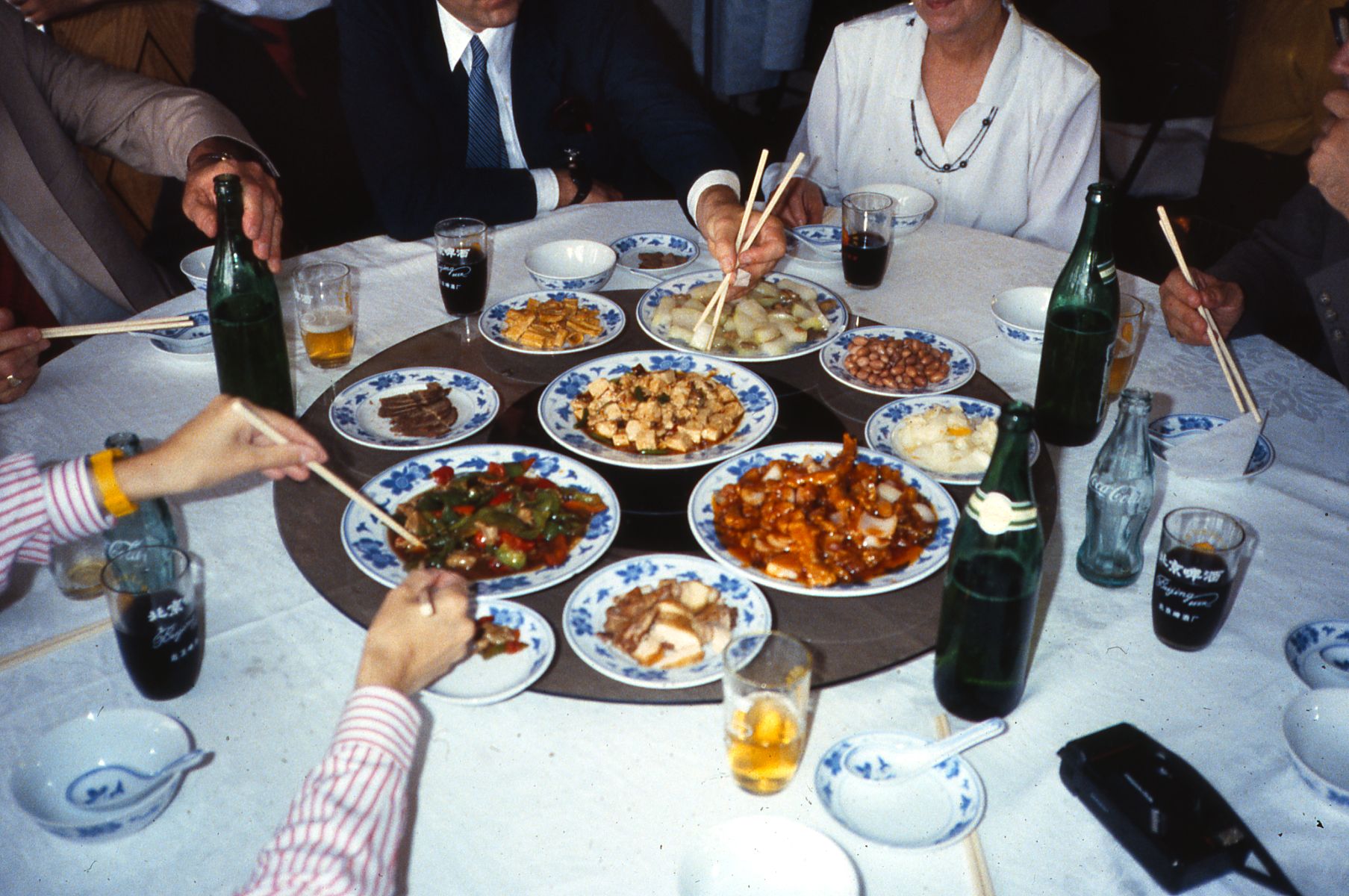In the spirit of celebrating the steely virtues of the fairer sex this International Women’s Day, Stephenie Gee talks to four of our favourite chefs about diversity and the women who inspire them in life and in the kitchen
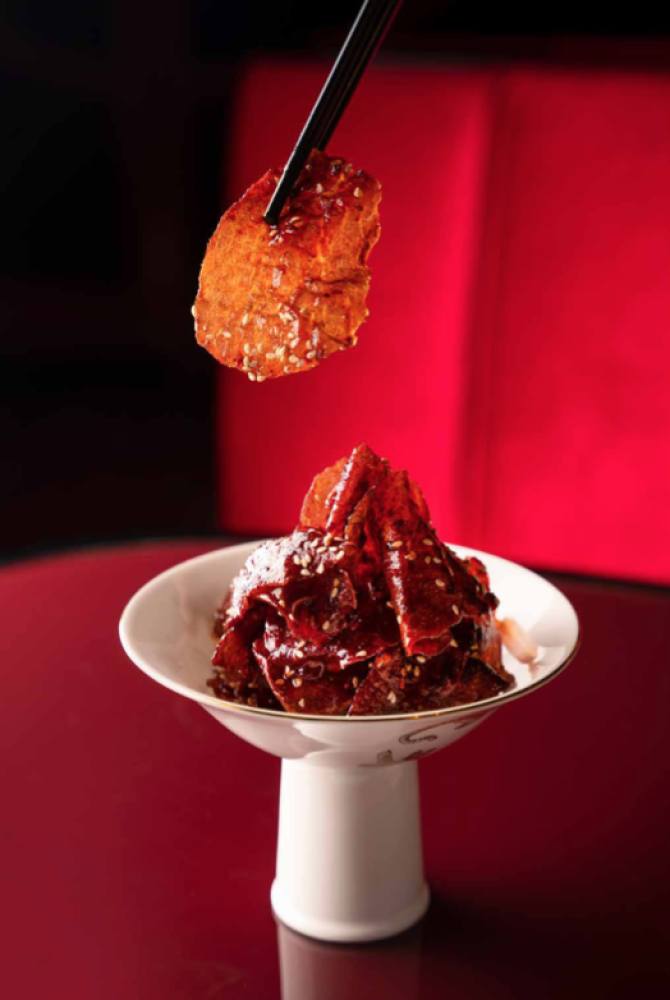
The genius and vision of a chef arises, in most cases, from a born talent. However, the touch of inspiration can come from the most variable sources, predictable or not, mainly from the environment and the people around them. So, it comes as no surprise that many find their muses in the most representative figure of their lives: their mother.
Theign Phan is one such case. The head chef of Black Sheep Restaurants’ swanky Grand Majestic Sichuan says her earliest memories of cooking are with her mum in her childhood kitchen. “My mother has always cooked for our family: three meals a day, six to seven days a week,” Phan recalls. “She would only get a ‘day off’ when we would dine out on special occasions. Otherwise, it was always a Chinese meal of three dishes plus one soup. I distinctly remember when she did not even repeat a dish or soup for an entire week! Before Instagram or YouTube, if we had a dish at a restaurant that everyone enjoyed, my mother would go home and peruse her cookbooks and try to recreate it for us – she is truly one of a kind. If not for her, I might not be a chef today. She absolutely played a pivotal role in igniting my passion for the craft.”
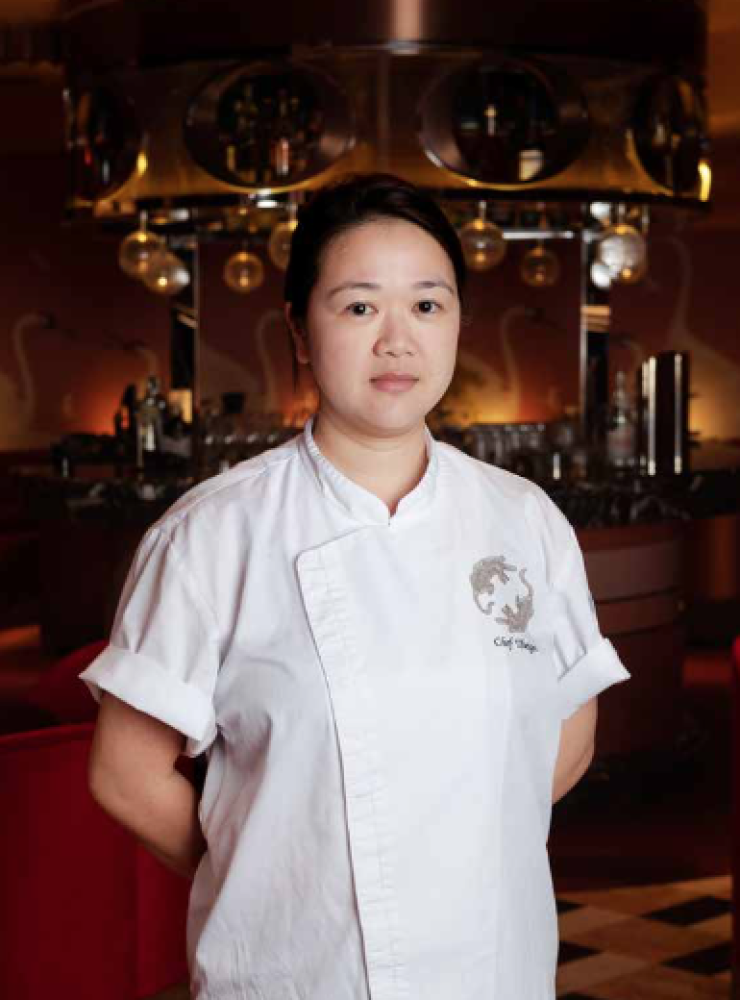
Born in Malaysia and raised in Singapore, Phan started her career in the kitchens of Australia, where, in an effort to familiarise herself with the local cuisine and ingredients, she would buy cookbooks, authored by some of the country’s established culinary greats. Of them all, she found award- winning chef, restaurateur and author Christine Manfield’s Fire: A World of Flavour most inspiring. It’s what set her on her journey across continents, exploring – and documenting (“finally putting my journalism degree to good use!”) – the rich tapestry of global cuisine, accruing along the way recognition for her culinary prowess and dedication to the craft.
Never forgetting her roots, Phan returned to Singapore. This was some 10 years ago, and female chefs and restaurateurs, she tells me, were still few and far between. “But Violet Oon was someone I looked up to,” she says. “A leader in Nyonya cuisine, she tirelessly advocated for the food of her heritage, which inspires me because I hope to one day bring my mother’s
home recipes to the masses.”
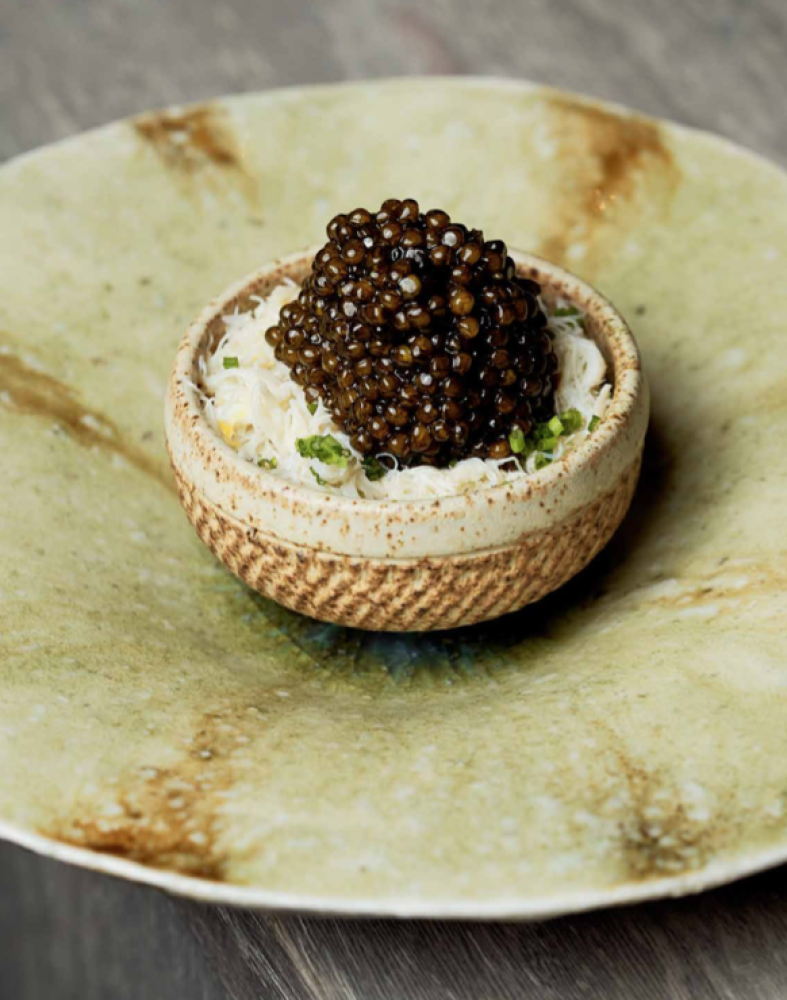
But for now, she’s busy working her wok magic at Grand Majestic Sichuan, bringing a refined touch to Sichuan favourites curated in tandem with Sichuan food expert and the restaurant’s culinary consultant Fuchsia Dunlop. Take the dan dan mian, featuring hand-chopped Kurobuta pork in a spicy sesame sauce, and finished tableside. Or, the gong bao xia qiu, where prawns – instead of the classic chicken – are tossed with cashews in their house special gong bao sauce.
Cooking up deliciousness is a team effort. And open-mindedness is key to running a happy, harmonious kitchen, as is diversity, which Phan sees as a source of innovation, creativity and exchange. But the conditions aren’t always perfect. For now, Phan is the only woman. “It’s tough in my kitchen because running an all-male team at Grand Majestic Sichuan is no easy task,” she says. “I often face challenges when it comes to teamwork and culture. However, my team trusts me and I trust them – trust is the most important ingredient.”
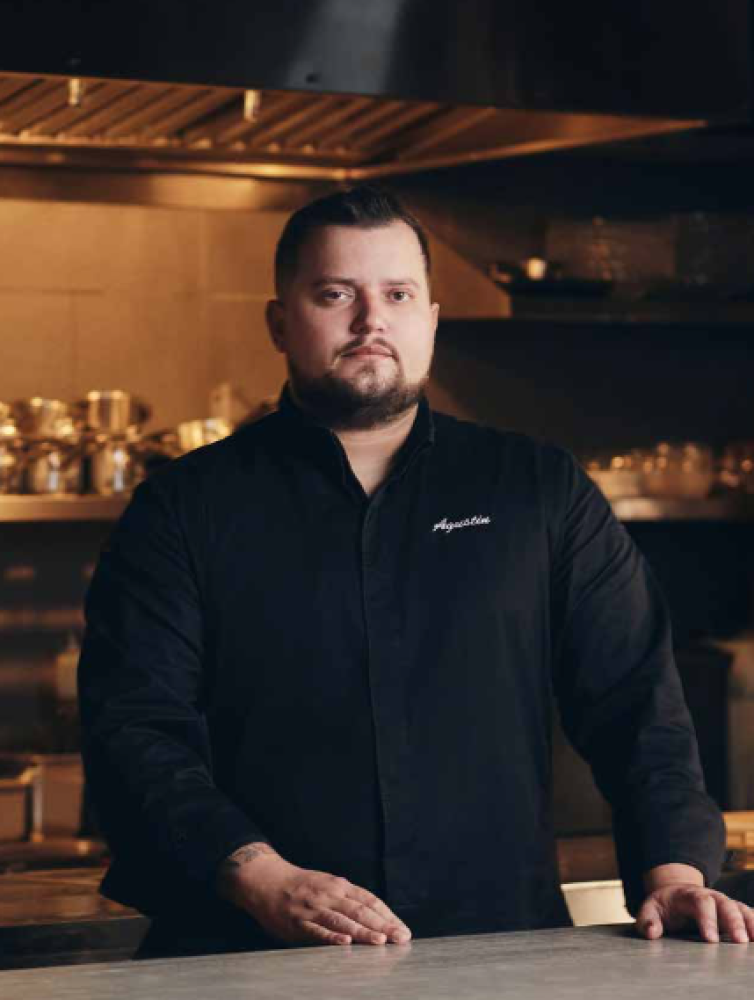
Agustin Balbi of Michelin-starred Andō perceives diversity in a similar light. “For me, it’s very important to have a balanced team, full of people who share the same passion for cooking as me,” he says. “I do not separate or see my team as male or female. I see them all as equal chefs able to perform at a great level day in and day out, and see them as just like members of my family. Their skills and experience with cooking and hospitality are more important to me. My team has always been a good mix of people and from all this diversity, we only benefit.”
Born in Argentina to a Spanish and Italian family, Balbi owes his craft to his late grandmother, Lola. “She was a great cook and as my parents worked during office hours, I always went to her house after school (we lived only two blocks apart) and she prepared the most delicious food for me while we watched together Karlos Arguiñano, a famous Spanish chef, on TV,” he tells me. “Cooking for me was a way to express her love and it involved almost her whole day: she would ask me the day before what I would like to eat the next day, then prepare her shopping list, go to the market in the morning and start cooking after that. She had fun and also enjoyed a passion for hospitality – every time a friend of mine would visit her house to play, she would prepare a huge meal, like a royal buffet almost.”
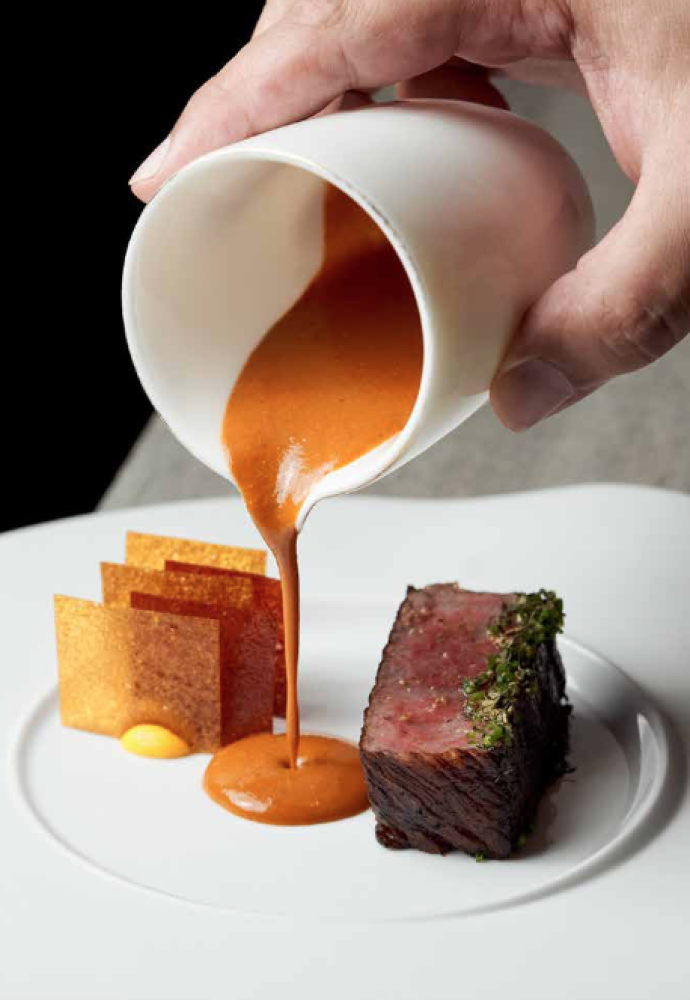
That same generosity and passion for hospitality is something Balbi looks to replicate at Andō, and no dish embodies it more than his signature Sin Lola (“Without Lola”), a traditional arroz caldoso, or soupy rice, reinterpreted with Japanese flair and a scrupulous respect for produce, constantly adapting to the changing seasons (the current rendition showcases abalone and chorizo). It’s a style that recalls that of the self-taught Carme Ruscalleda, once the world’s most star-studded female chef and a woman Balbi calls “influential”, whose cooking lies between tradition and innovation.
The rest of the menu at Andō is similarly fuelled by the drive to honour the traditions of his family’s mixed heritage, as well his formative training spent in some of Tokyo’s most respected kitchens, including the two- starred Zurriola and Cuisines Michel Troisgros, and three-starred Nihonryori Ryugin.
Also see: Asia’s 50 Best Restaurants director on Seoul food
Like Balbi, Malaysian-born Edward Voon – a self-taught chef with no formal training who went from nearly burning down his kitchen (twice) to winning gold at Food&HotelAsia, one of Singapore’s most prestigious culinary competitions, after just three years in a professional kitchen to emerging as a celebrity favourite (just take a scroll through his Instagram feed, comprised mainly of star-studded pics, if you need hard proof) – credits his culinary passions to his grandmother, who he recalls as an ever-present figure at the stove when growing up in Penang.
“Her hard work, determination and enjoyment in feeding so many people at all hours of the day touched my heart. She really did perform magic in the kitchen,” he says. “She set me off on my journey of culinary discovery, and the frequent Fujian touches in my cuisine today at Auor come from her – like the Fujian noodles with Carabineros prawns on our Valentine’s Enchantment dinner menu, and the Obsiblue prawns in Fujian noodle soup main at lunch.”
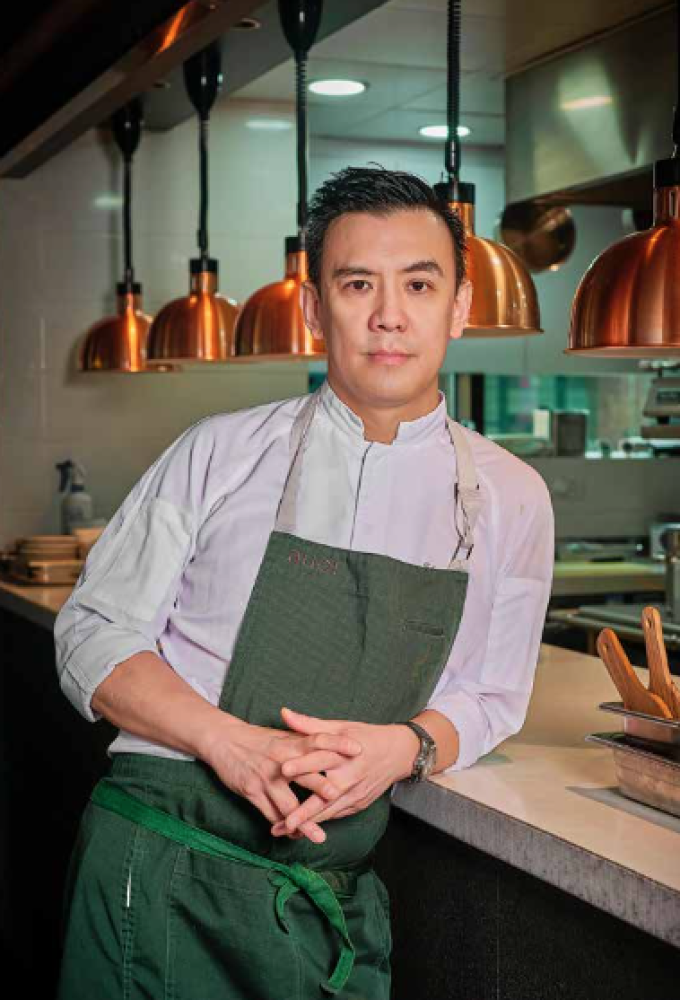
But it would be Deborah Lee Kong, the former actress and mother of renowned actor Nicholas Tse, who proved pivotal in shaping Voon into the chef we know today. “When I landed in Hong Kong more than a dozen years ago, I was lucky enough to meet Mrs Deborah Lee Kong, and her impeccable taste and grace helped me improve my dishes and menu curation,” he says. “She has been my great adviser in an unconventional way – by telling me the truth. And while she is skilled at identifying any weaknesses, she always provides ready solutions. I wouldn’t be the chef I am today without her invaluable input.”
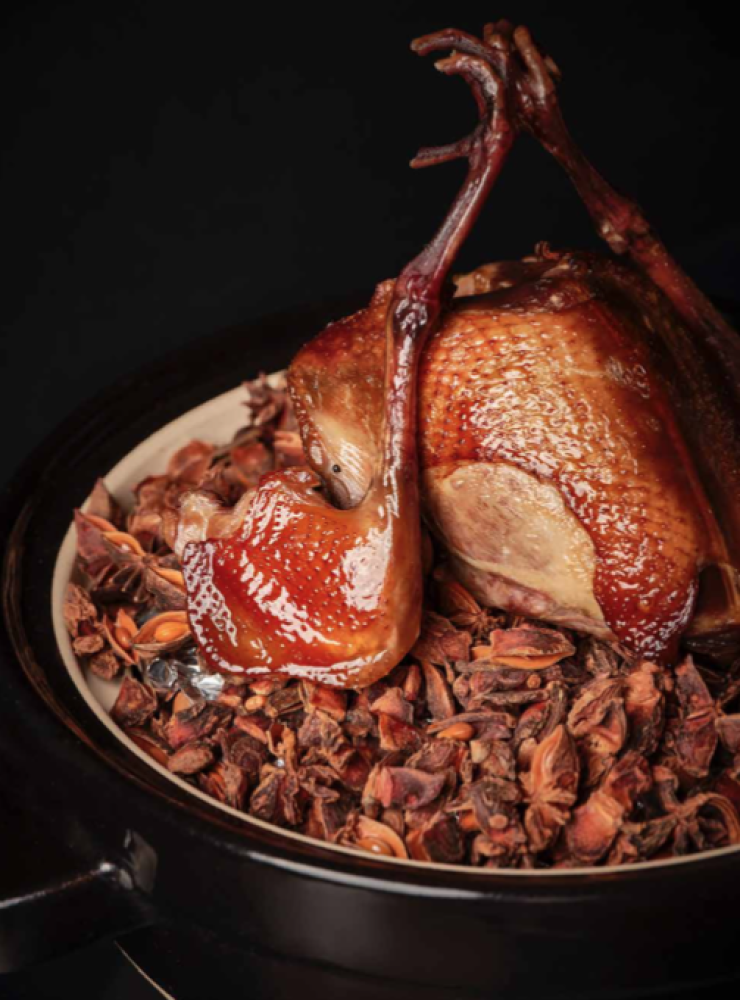
At Auor, Voon marries the rich and robust flavours of Asia with the refined subtlety of French gastronomy in a menu entitled “Six Rounds”. Paced in an accord with the 24 solar terms of the Chinese calendar, each course, or “round”, is a colourful – literally and metaphorically – representation of one of life’s moments. “Whether of gender, race or cultural background, diversity makes life richer in the kitchen and outside it. Undoubtedly, there should be more women chefs as it would bring calmness, sensibility and balance to all the testosterone in the kitchen,” he says. “All women chefs inspire me because of their bravery. It’s not easy for women to work in a male-dominated environment like the kitchen. They have to work even harder and be even more creative than their male counterparts to make their mark.”
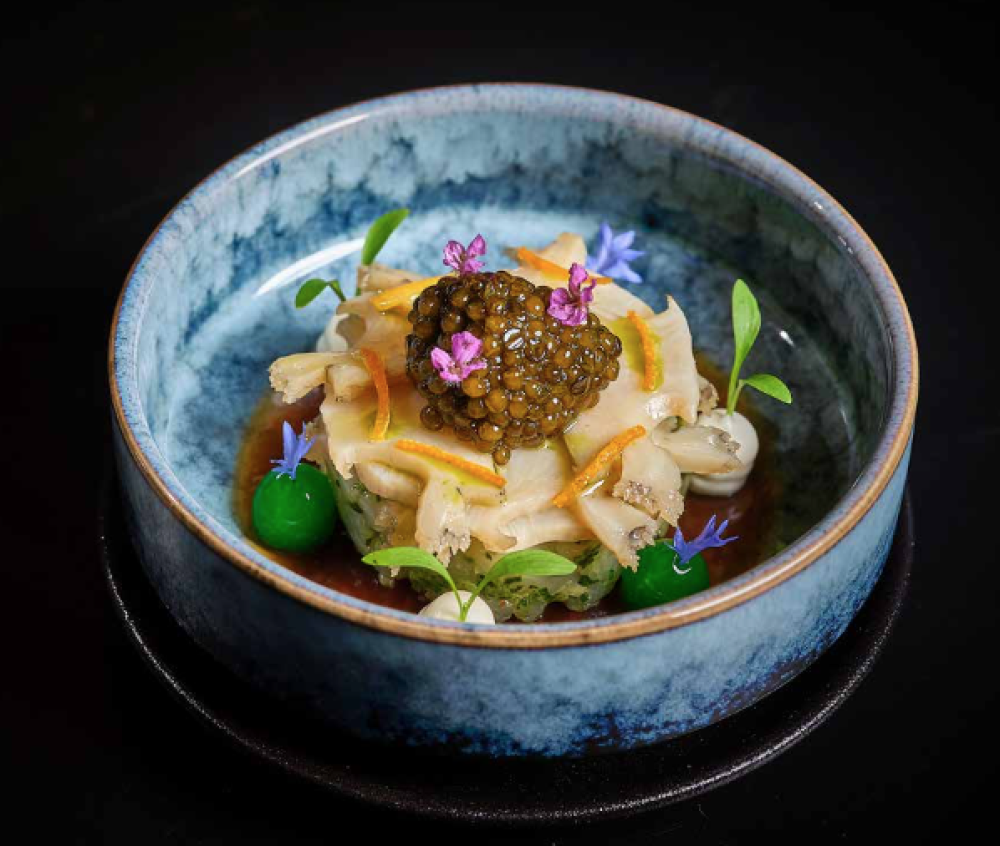
May Chow is one who understands. “There is a significant stigma surrounding women working in the kitchen,” she tells me. “Initially, when I began my career, I kept being told that there were no current openings in the kitchen. However, it was suggested that if I started in the pastry section, I could eventually transfer to the restaurant’s kitchen. Despite taking these opportunities, with the hope that I would eventually be transferred to the kitchen when positions became available, I was never transferred.”
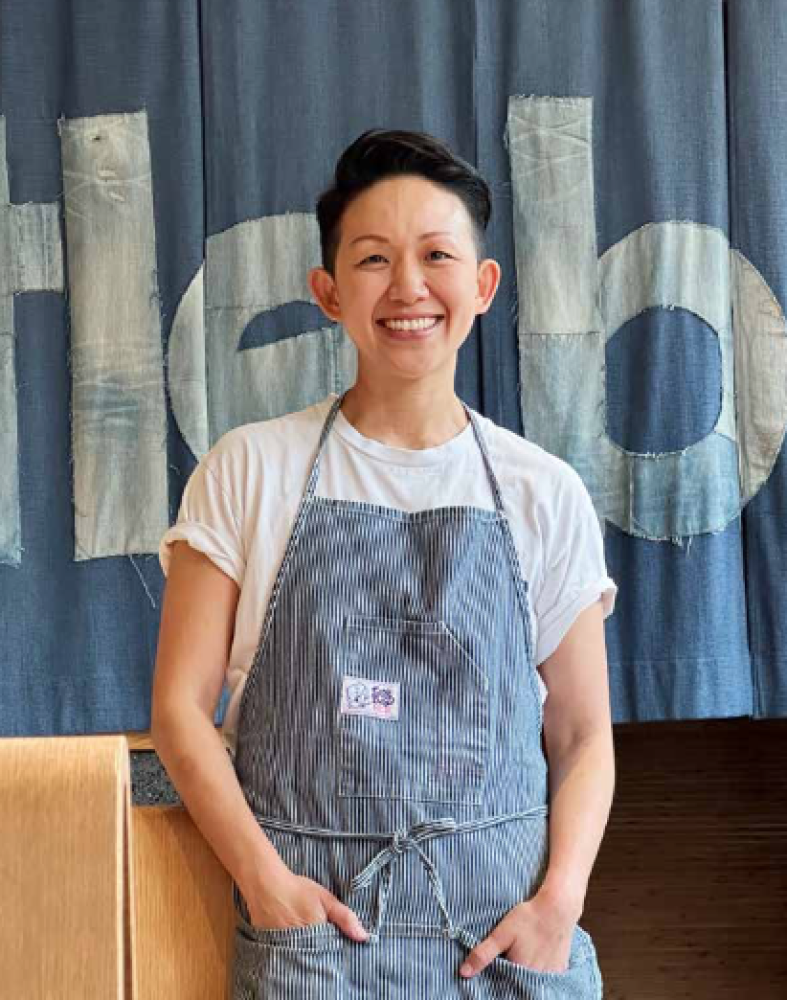
Profoundly creative and driven, Chow eventually found her footing, with the help of allies, mentors and role models, citing Nancy Silverton, the renowned chef and baker from Los Angeles, for her relentless pursuit of happiness and originality. “I’ve been very fortunate to have exceptional allies and mentors in general. For me, it’s all about creating opportunities for women to advance in their careers, and taking the time to understand how to empower not just a few but create a system that supports generations down the line,” she says. “One person who always stands out is Matt Abergel of Yardbird. He pushed me to step out of my comfort zone and pursue job opportunities that I didn’t think I deserved. He believed in my abilities completely.”
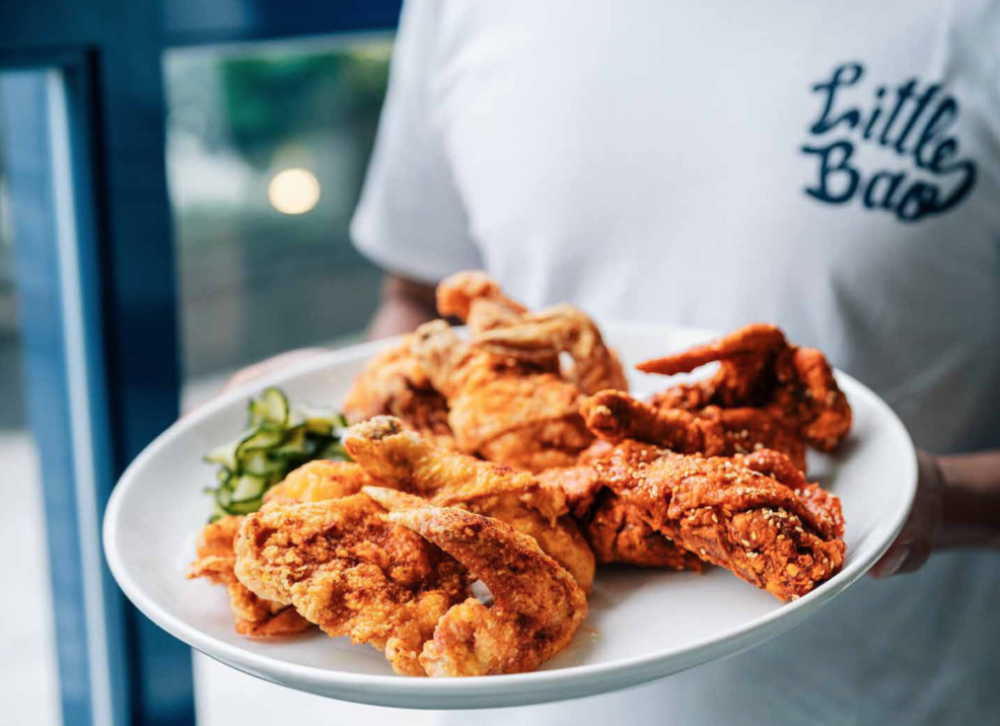
In 2013, Chow opened Little Bao, the ultra-popular, no-reservations bao burger shop in Soho. Her first restaurant, the concept flourished and she was awarded the title of Asia’s Best Female Chef in 2017. “When I got the call from Asia’s 50 Best Restaurants about winning Asia’s Best Female Chef, I was first contemplating giving the award back. I have wondered the reason behind categorising genders in these awards as it forces the conversation to only revolve around gender, but I also appreciate the way this category highlights voices that might not have had the platform otherwise,” she says. “As a female chef in the industry, gender bias, limited opportunities and a general lack of representation are common challenges. However, the positives outweigh the negatives. I have the opportunity to break gender stereotypes, inspire young women, foster diversity and inclusion, and incorporate my unique perspectives and creativity. These aspects make my journey extra rewarding and fulfilling.”
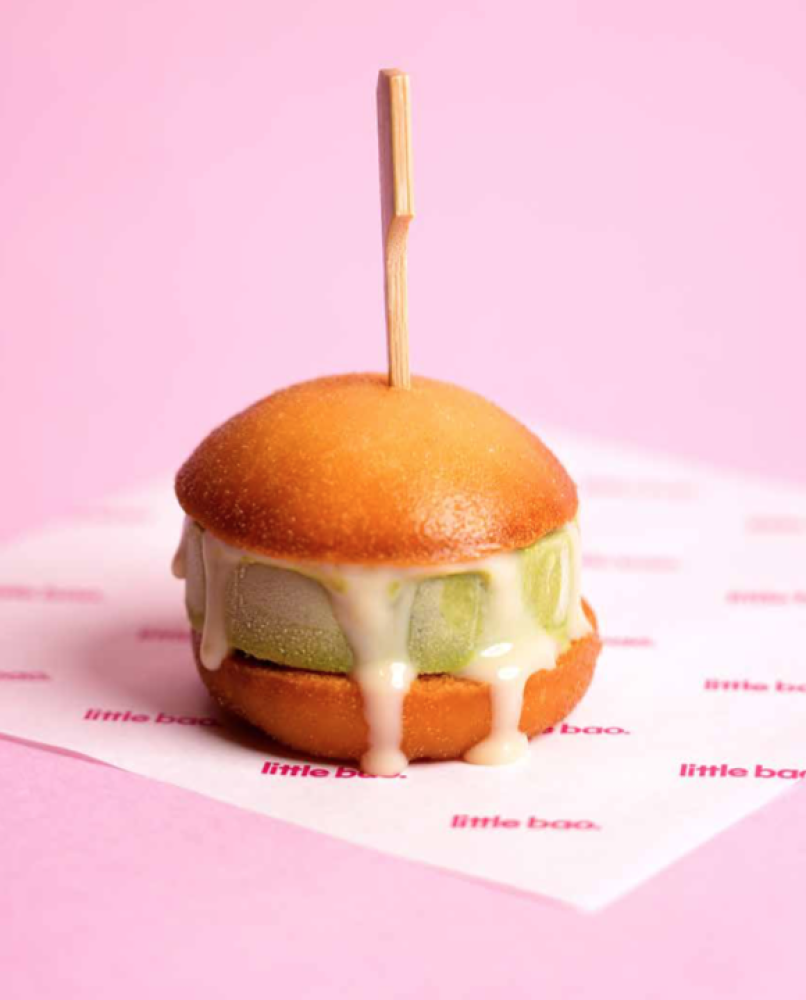
As for advice for the next generation of women, Chow says, “Never give up, and never be afraid to take risks. Believe in yourself, build strong networks, seek mentorship and trust your gut instinct. Your unique perspective can pave the way for future generations to come!”
Also see: The Michelin Guide Hong Kong & Macau reveal 10 new Bib Gourmand food establishments






